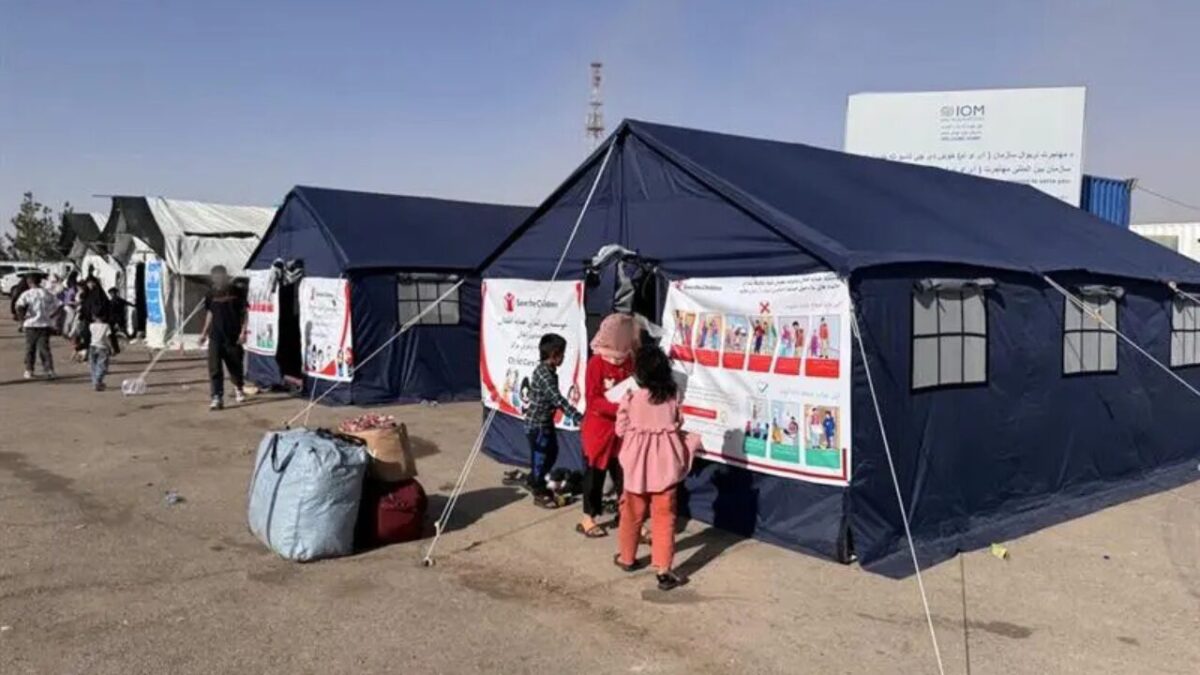Iran will allow the enrollment of Afghan refugee children in its public schools for the upcoming academic year, but only under stringent conditions, education officials said on Sunday.
Mohammad Salimi, the acting head of Iran’s Office for International Affairs and Foreign Schools, said that students categorized as “foreign nationals” must present a formal letter of introduction issued by immigration authorities. These letters must come from either the Foreign Nationals Employment and Residency Offices or the Bureau for Foreign Nationals and Immigrants Affairs under the Interior Ministry.
The registration process is scheduled to begin on August 5 and will continue through late September, according to Iranian state media. Enrollment will be permitted only in the cities or provinces listed in each student’s documentation. “Registration of foreign national students in unauthorized areas is prohibited,” Salimi said.
The policy aligns with annual directives issued by the Interior Ministry in cooperation with the foreign nationals bureau, which oversees the schooling of Afghan and other refugee children—many of whom face systemic obstacles in accessing education.
In Tehran, Afghan families must use the government website kanoonnobat.ir to book appointments with designated offices before receiving documentation to begin school registration in their local district. In other approved provinces, families must submit documents for review; if found eligible, they will be issued enrollment letters and allowed to register in nearby schools where space is available.
Salimi noted that newly arrived refugee children must possess a 10-digit identification code to undergo the required readiness assessments for entry into the first grade. Parents are also required to take their children for medical and developmental screenings prior to registration.
The policy comes amid growing concern over the plight of Afghan refugees in Iran, where millions reside—many without legal status. While Iranian authorities have previously allowed Afghan children to attend public schools, rights advocates have criticized the process as overly bureaucratic and exclusionary, leaving tens of thousands of children effectively barred from the classroom.
Human rights groups continue to call on Iran to remove restrictions that disproportionately affect undocumented families, warning that education access for refugee children remains precarious as economic and political pressures mount.
